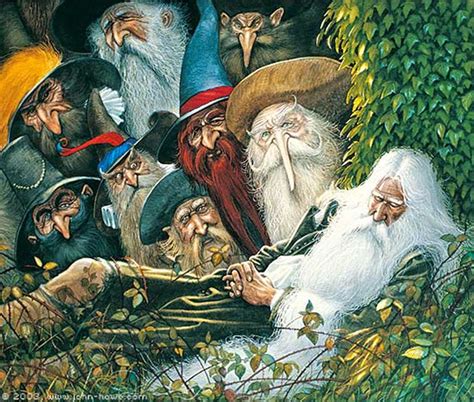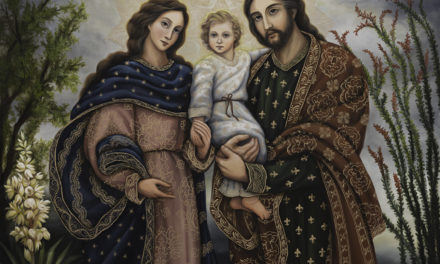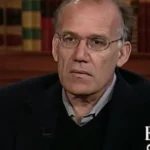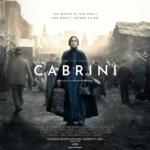Those of us old enough to remember the story lady, television’s Shirley Temple Storybook, and even books will doubtless recollect Washington Irving’s celebrated tale “Rip Van Winkle” (1819).
Rip, a likable but rather shiftless farmer of upstate New York early in the reign of George III, wanders with his dog, Wolf, into the Catskill Mountains ostensibly to hunt but just as certainly to avoid farm chores, and his “termagant” wife has a strange encounter with a company of Dutchmen who are none other than Hendrick (Henry) Hudson and his crew, a spooky moment because Hudson disappeared in 1611 after being set adrift by the same mutinous men.
These stolid characters are playing nine pins, and they enjoin Rip to serve them flagons of the best “Holland” (presumably the Heineken of the day), of which Rip sneaks more than one sip and later, thoroughly addled, falls asleep.
The next morning Rip awakes to find himself in tattered clothes, his flintlock rusty and Wolf missing. Greater changes await him when he returns to his village. Twenty years have passed — curiously the same amount of time that Odysseus, an even more famous figure in literature, was absent from home. But there are no suitors to eject from Rip’s household and no Penelope to reclaim. Rip knows no one, and no one knows him.
The place has changed physically, too. Among other things, a strange figure entitled George Washington now graces the tavern sign that once advertised King George III. Unlike Odysseus’ faithful dog, Argos, who wags his tail as he senses his returned master, Wolf growls and bares his teeth at the gray-bearded stranger. If that isn’t enough, Rip just escapes being tarred and feathered when he ignorantly declares himself a faithful servant of the king. In a world he cannot quite comprehend, the forlorn hero asks whether anybody remembers Rip Van Winkle.
Happily some do. His ne’er-do-well son lives, as does a dear daughter who is married with children of her own. Soon Rip is settled in his new life as grandfather and undoubted local curiosity. And, we may ask, is his world in its fundamentals so very different? Men still frequent the tavern, farm their lands, and argue a new politics even as they observe time-honored institutions including trial by jury and representation dear to both Englishmen and Americans from Magna Carta forward. Women sew, bear children, and run their little economies; namely, their homes.
Twenty years have changed much in governmental form and theory, but in myriad ways everyday life is much as it had always been.
But what of a modern-day Rip Van Winkle? First of all, the modern Rip would not need to snooze for twenty years; a mere eight or fewer might suffice for him to find changes unimaginable before his nap. Truth be told, he might not have to so much as fall asleep, so quick are modern Van Winkles to forget things they once knew!
But, asleep or no, allowing our new Rip his shorter term of absence, what would he find in the America of 2015 that would differ from, say, 2008? Almost certainly he would scratch his head in wonder at what had happened to marriage in his own New York: men marrying men and women marrying women. In fact, he would be perplexed to find a boy, albeit in Canada but dangerously close to his home state, declaring himself a girl and having his claim upheld in court.
Equally peculiar would be his learning of a self-described black woman working for the NAACP that turned out to be white, not to forget the odd case of a United States senator who styled herself as the first Cherokee member of a law school faculty without a drop of Cherokee blood. Rip would find a war in the Middle East that had been moving toward victory transformed into an outright chaos. If he were lucky enough to find a job — averse to work though he might be — an unfortunate slip of the tongue at lunch about the blessings of being born an American might land him among the ranks of the unemployed and assuredly among the politically scorned.
Overall, where the old Rip saw familiar ways and morals amid some noteworthy changes, the new Rip might wonder whether he had not awoken on another planet.
Old Rip Van Winkle was lucky enough to run into a few Sons of Liberty in eighteenth-century New York, yet he soon settled comfortably into his old life. I suspect the new Rip would delight in a share of that luck, but, well, no such luck. For, sadly, the new Rip is not exactly imaginary; he is us, rubbing the sleep from our eyes, seeing not new Sons of Liberty but new Jacobins, practitioners of what Edward Burke so aptly called “a sick man’s dream of government.”














